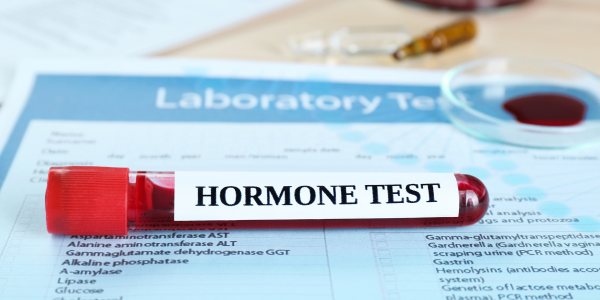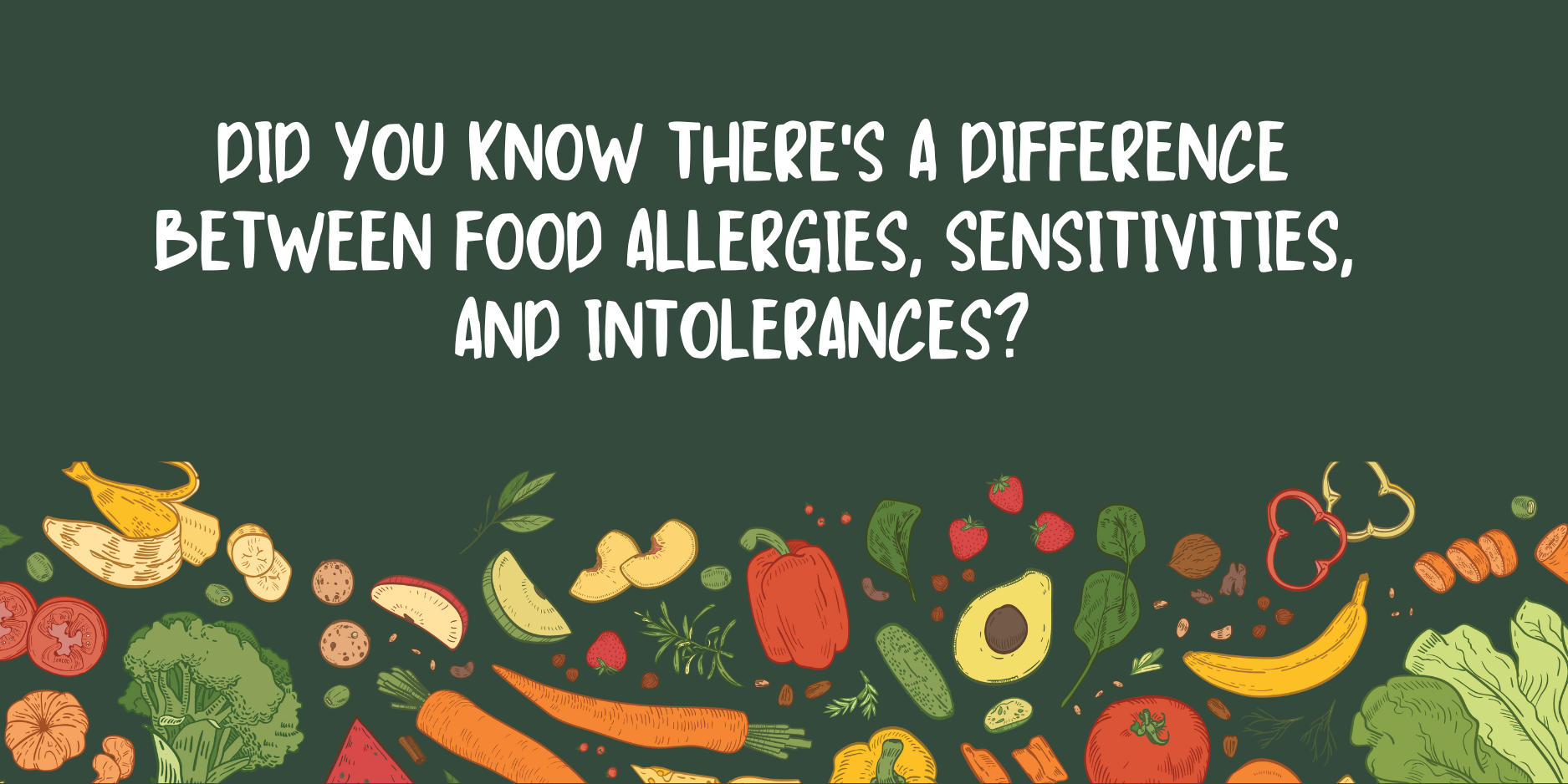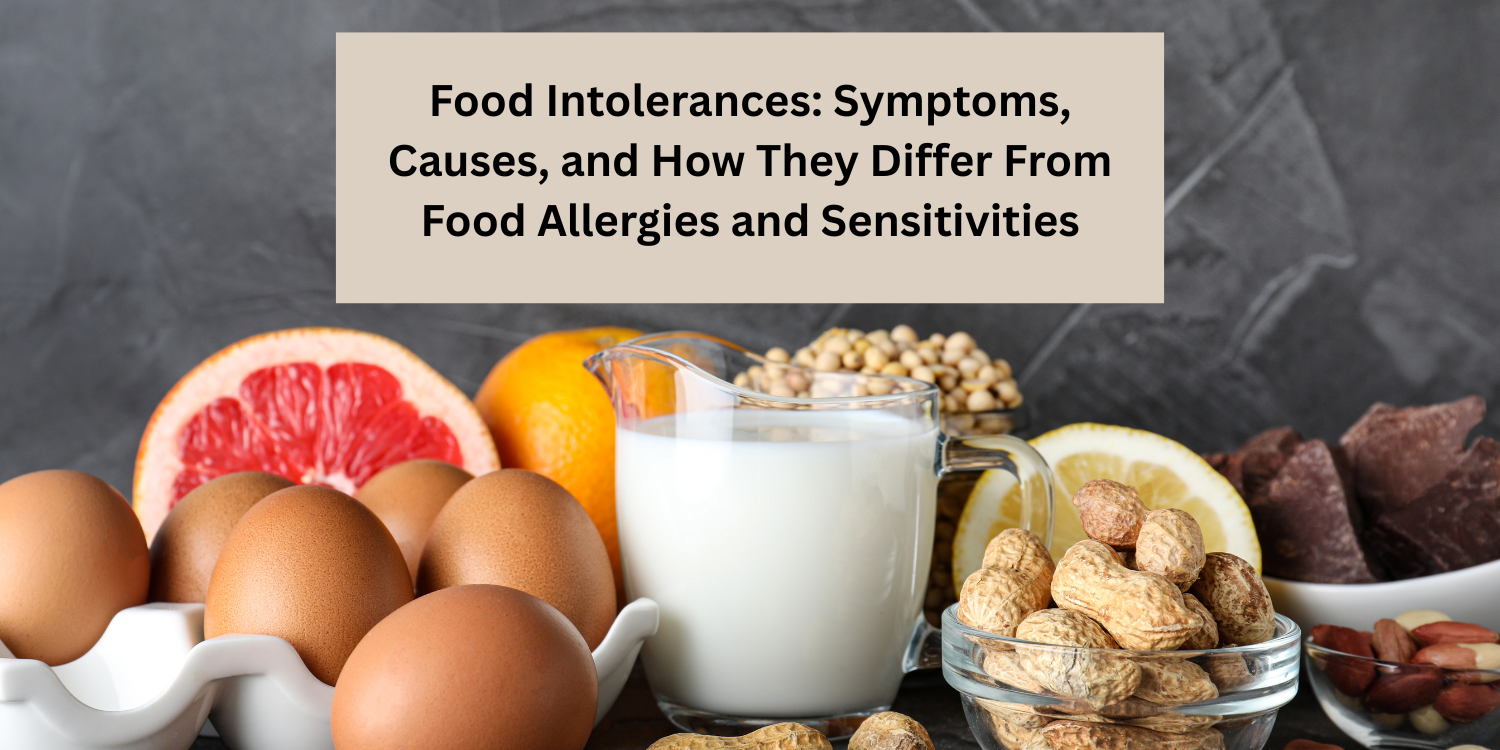

As a society, we’re obsessed with anti aging ‘secrets.’ The anti-aging industry clocked in at $140.3 billion in 2015 and is estimated to reach $216.52 billion by 2021.
As we live longer, it’s no surprise we want to extend our youthful appearance and vitality. Wouldn’t it be ideal if you could extend your prime years, improve your appearance, and keep that bounce in your step? And wouldn’t be even better if these anti-aging tips were accessible, safe, and affordable?
Believe it or not, there are four anti-aging techniques I recommend to all my patients that are:
- Based in science
- Can be implemented at any age of life
- Are affordable (in fact, #4 is free)
- Actually work
These anti-aging tips focus on making your body more efficient through targeting nutrients and systems associated with aging. We are living in a time where we can manipulate our diets and lifestyle to optimize our bodies for personal health goals, and this list takes full advantage of that knowledge.
Let’s take a closer look at these four anti-aging tips that actually work.
- Boost Collagen
You’ve probably noticed collagen is making quite a stir in health and beauty products, precisely for its ability to fight signs of aging.
Collagen accounts for a third of all your body’s protein. The word ‘collagen’ comes from the Greek word for ‘glue’ because it is the glue that holds your skin, muscles, tendons, cartilage, bones, and blood vessels together. When you increase your collagen consumption and production you’ll benefit from its natural age fighting properties.
Collagen offers anti-aging benefits inside and out by supporting numerous anti-aging processes, including:
- Reducing wrinkles
- Smoothing skin
- Improving hair and nails
- Boosting metabolism
- Balancing hormones
- Reducing cellulite
- Supporting detox pathways
- Repairing tissues including skin, muscles, bones, and joints
This is such an important anti-aging tip I recommend tackling from a few different angles. You can boost your collagen three ways:
- Eating collagen containing foods
- Eating foods that naturally increase collagen production
- Implementing techniques that cause your body to produce more collagen
Foods that contain collagen:
- Bone broth
- Eggs
- Fish
- Grass-fed beef
- Chicken (including the skin)
Much of the collagen in the foods listed are contained in the skin, organs, and marrow, which most Americans no longer eat regularly. You might want to consider increasing your collagen intake with supplements. If you take collagen supplements, look for one that’s sourced from grass-fed cows, or wild caught fish. Always use a high-quality supplement from a trusted source.
Food that naturally increases collagen production:
- Broccoli
- Aloe vera
- Ginseng
- Cilantro
- Spirulina
- Chlorella
Ways to increase or preserve collagen:
- Microneedling – Microneedling can be done at home or with a professional. This is a safe and easy way to boost collagen production.
- Microdermabrasion – This should be done with dermatologist but is another excellent way to get your body to boost its own collagen production.
- Vitamin A
Vitamin A also has anti-aging benefits and is protective against sun damage when it’s consumed because it’s a powerful antioxidant. You can get more vitamin A in your diet by eating more:
- Carrots
- Sweet potato
- Kale
- Spinach
- CoQ10
Coenzyme Q10 (CoQ10) is a naturally occurring enzyme that is required by every cell in the body. It acts as an antioxidant and protects the skin from free radical damage. CoQ10 works both in skincare products and when you consume it.
As you get older, your body produces less CoQ10 which contributes to lower collagen levels. Studies have found CoQ10 suppresses inflammatory responses in the skin and can protect against UV radiation when used topically. Using skin care products with CoQ10 can make your skin look younger. CoQ10 can penetrate the skin and provide antioxidative effects on a cellular level that boosts collagen and preserves further breakdown.
Eating foods with more CoQ10 also helps (similarly to vitamin A). Foods highest in CoQ10 are primarily animal products, including beef, sardines, and mackerel. Vegetables such as broccoli and spinach contain some CoQ10 but if you’re a vegan or a vegetarian you should definitely consider taking a supplement.
- Intermittent fasting
Intermittent fasting is completely free and a great anti-aging tactic everyone should know about. Fasting occurs when your body goes between 8 to 16 hours without food and has numerous health benefits. While that may sound like a long time, many people inadvertently fast between dinner and breakfast. Think about it, if you finish dinner around 8 o’clock at night and you don’t eat breakfast until 7 the next morning, that’s already 11 hours without eating. I typically recommend starting with 12 hours and work your way to 16 hours gradually. The number of days someone can tolerate intermittent fasting varies tremendously! Women over 40 typically do well with no more than 3-4 days per week for example. Too much fasting of any kind can become a stress on the body which is less than ideal, thus finding your sweet spot is way to get the best way to take full advantage. You will have to experiment a little to determine the number of days that are optimal for you, meaning make you feel good, and not tired or irritable.
You can fast for longer and reap anti-aging benefits with it. Benefits of intermittent fasting include:
- Rejuvenating skin
- Boosting metabolism
- Increasing stress resistance
- Improving glucose tolerance
- Improving brain function
Intermittent fasting is gaining a ton of attention with the explosion of the ketogenic diet. If you haven’t looked heard of it or looked into intermittent fasting yet, it’s definitely worth your time.
I’ve been helping patients keep their youthful vigor through targeted nutrition plans and comprehensive health evaluations for over the years. Make an appointment today to slow the effects of time, it’s never too early!
Resources:
https://globenewswire.com/news-release/2017/06/05/1007965/0/en/Global-Anti-Aging-Market-Size-Trends-Will-Reach-216-52-Billion-by-2021-Zion-Market-Research.html
https://www.ncbi.nlm.nih.gov/pmc/articles/PMC4206255/
https://www.ncbi.nlm.nih.gov/pmc/articles/PMC3583892/
https://www.ncbi.nlm.nih.gov/pmc/articles/PMC4685482/
https://www.ncbi.nlm.nih.gov/pubmed/15951132
https://www.ncbi.nlm.nih.gov/pmc/articles/PMC4976400/
https://www.ncbi.nlm.nih.gov/pubmed/17515510
https://www.ncbi.nlm.nih.gov/pubmed/26578346
https://www.ncbi.nlm.nih.gov/pmc/articles/PMC3583891/
https://www.ncbi.nlm.nih.gov/pubmed/17173569
https://www.scientificamerican.com/article/how-intermittent-fasting-might-help-you-live-longer-healthier-life/
https://www.ncbi.nlm.nih.gov/pmc/articles/PMC3926116/
https://www.ncbi.nlm.nih.gov/pmc/articles/PMC4228123/
http://dailyburn.com/life/health/intermittent-fasting-methods/
Share:
Social Media
Most Popular Posts
Subscribe To Our Newsletter
Related Posts

Understanding the Essential Labs for Women on Hormone Replacement Therapy (HRT)
So what are the minimum labs we’re looking at when we do hormone replacement therapy? We obviously want to look at an estrogen level, so

How to figure out the right amount of HRT in women
What about checking lab values when you’re on hormone replacement therapy? I do find it to be helpful, but we also want to consider symptoms.

Did you know there’s a difference between food allergies, sensitivities, and intolerances?
Did you know that there’s a difference between food allergies, food sensitivities and food intolerances? Food allergies, the reactions tend to happen pretty immediately and

Food Intolerances: Symptoms, Causes, and How They Differ From Food Allergies and Sensitivities
Eating a wide variety of whole foods is a key way to ensure a nutrient-rich diet full of vitamins and minerals. But what happens when
